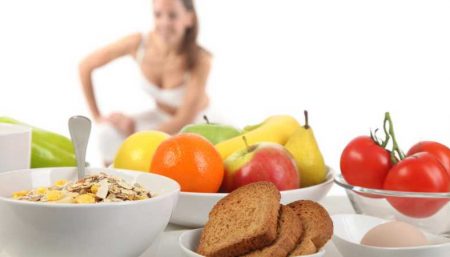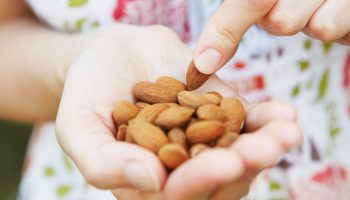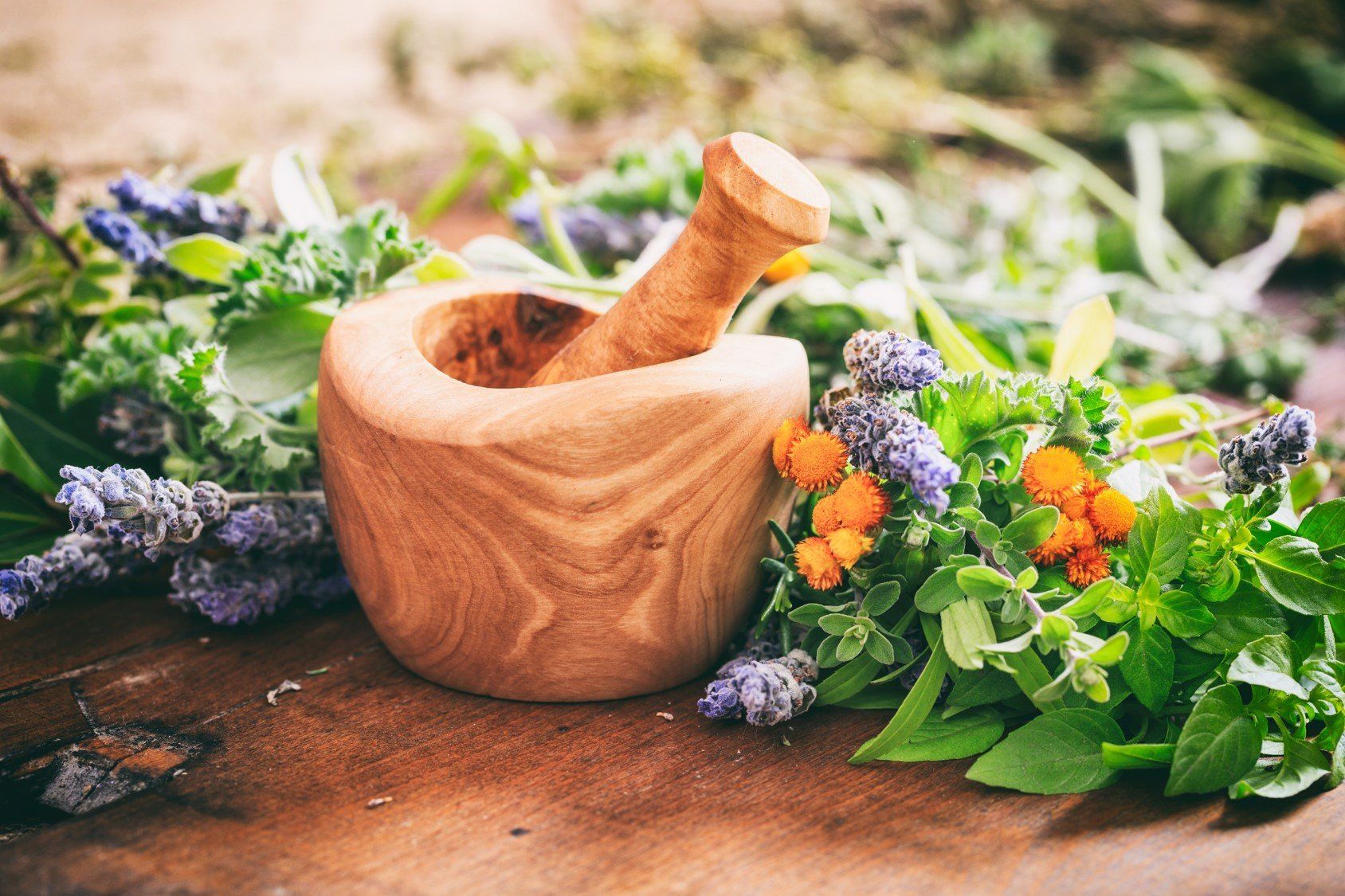
When you consider the Modern present date diet heavy on dairy, meat, eggs, calcium-stealing sodas and salt; sparse in fruits and vegetables (and exercise) The epidemic of osteoporosis isn’t that surprising.
Although doctors regularly recommend supplements for calcium, but that too doesn’t come without the increased risk of heart attack and kidney stones. Rather than popping a pill it it better to base your diet on foods that are rich source of calcium and other bone essential ingredients.
Sometime back Women Fitness had covered an article on, Top 10 to enhance your calcium reserves the focus in which was on ways to promote calcium absorption like avoiding calcium supplement intake along with a high fiber diet, taking the supplement after dinner, avoid excessive use of antacid. and so on. This time we focus on herbal management of bone health
- Dandelion green (Taraxacum officinale)– One cup of raw, chopped dandelion greens contains about 100 mg of calcium. You can add fresh dandelion leaves to salad. Vinegar makes them less bitter, though that bitterness stimulates digestion. The good amount of calcium present in dandelion is necessary for the growth of strong bones. Dandelion is rich in antioxidants like vitamin C and luteolin that protects the bone from age related damages, removes toxicity and free radicals and weakening of bones.
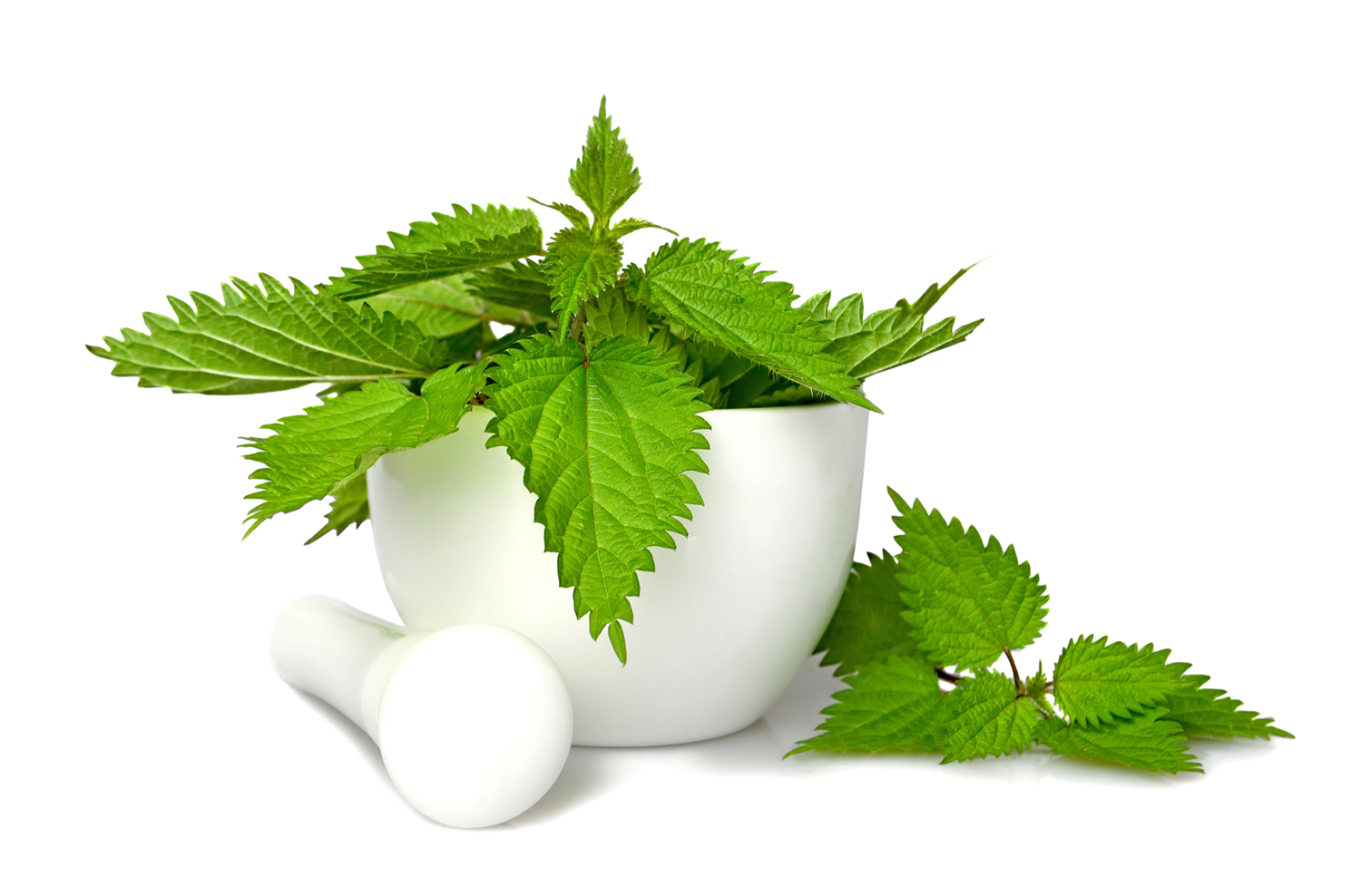
- Nettle (Urtica dioica)– It is a powerful storehouse of nutrients perfect for the coldest and deepest part of winter. Stinging Nettles are rich in calcium, magnesium, iron, B complex, C complex, vitamins A, D, and K. Nettles are also rich in protein, cobalt, trace minerals, potassium, zinc, copper and sulphur. They are also rich in chlorophyll. According to some sources, one cup of infused nettles contains 300-500 mg of calcium. If prepared correctly, nettle tea is high enough in calcium to be considered an aid in bone-building. The best way to make nettle tea for its medicinal properties is to prepare it by infusion or by simmering. Infusions significantly increase the nutrient value of the tea by allowing more of the minerals to release into the liquid. To make Nettle Infusion, measure 1 oz weight of dried nettles into a quart glass jar, pour boiling water over and infuse at least 4 hours. Strain and store in the refrigerator for a day or 2. Drink 2 cups a day.
- Sesame Seed: It is a powerhouse of organic minerals, especially calcium, and is an alkaline food that supports bone and general health. Whole sesame seeds contain about 88 mg of calcium per tablespoon of seeds. Just a quarter cup of natural sesame seeds provides more calcium than a whole cup of milk. A quarter cup of raw natural sesame seeds has 351 mg of calcium while one cup of non-fat milk has 316.3 mg, and one cup of whole milk has only 291 mg of calcium. Plus, they are alkaline whereas milk is acidic. Studies show that the calcium levels are slightly higher when the seeds are toasted. For example, one could get 27 percent of their daily value of calcium in one ounce of whole sesame seeds, but 28 percent if the seeds are roasted. Likewise, one ounce of hulled raw kernels will get give you 2 percent of your daily value of calcium. That number doubles when the kernels are toasted.
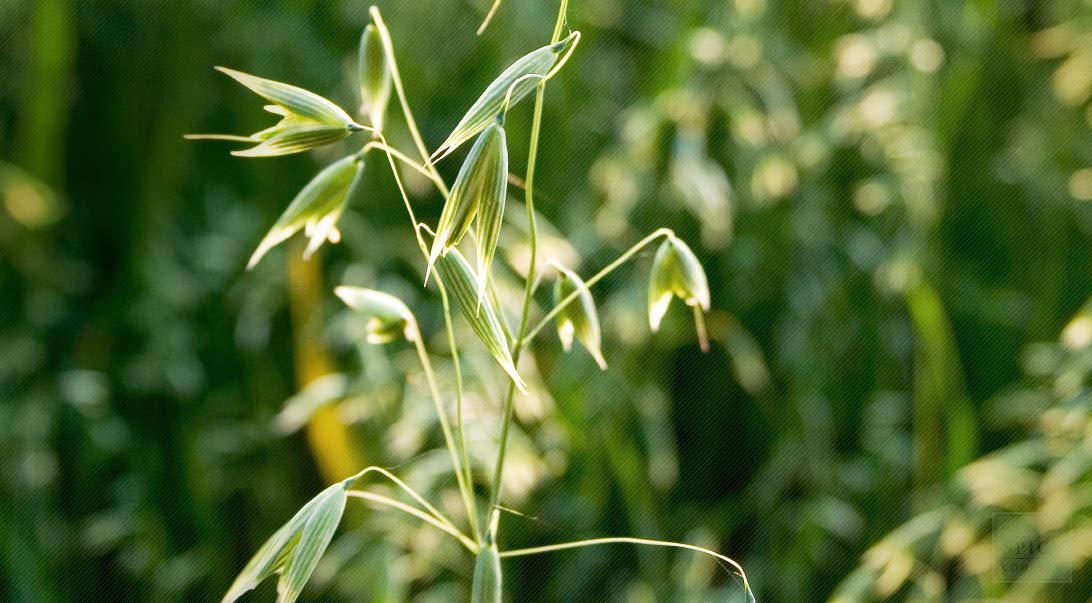
- Oatstraw (Avena sativa)– Oat straw may boost hormones that stimulate bone cell growth and thus help prevent or treat osteoporosis, according to the University of Maryland Medical Center, although it notes that research is lacking. In osteoporosis, bones gradually lose density and become weak and brittle, making the individual susceptible to fractures. The condition is most common in women after menopause. It is rich in calcium and synergistic minerals and vitamins needed for building bones. The primary chemical constituents of Oat Straw includes saponins, flavonoids, starch, alkaloids (trigonelline, avenine), steroids, calcium, iron, B vitamins, lysine, and methionine. To make hot Tea: add 1 tsp. or 1 tea bag of straw to 1 cup of hot boiled water for 10-15 min. Add milk and sugar to taste.
- Red Clover (Trifolium pratense): A research carried out in 2004 clearly indicated red clover may help protect women’s backbonefrom the bone-weakening effects of age and osteoporosis. The study shows that women who took a red clover-derived dietary supplement containing substances called isoflavones (Promensil) experienced significantly slower bone loss in the spine compared with women who took a placebo. According to article, Red Clover Shown to Improve Bone Mineral Density and Lower LDL Cholesterol published in NaturalNews “Red clover isoflavones can slow bone loss and boost bone mineral density in pre and perimenopausal women”.
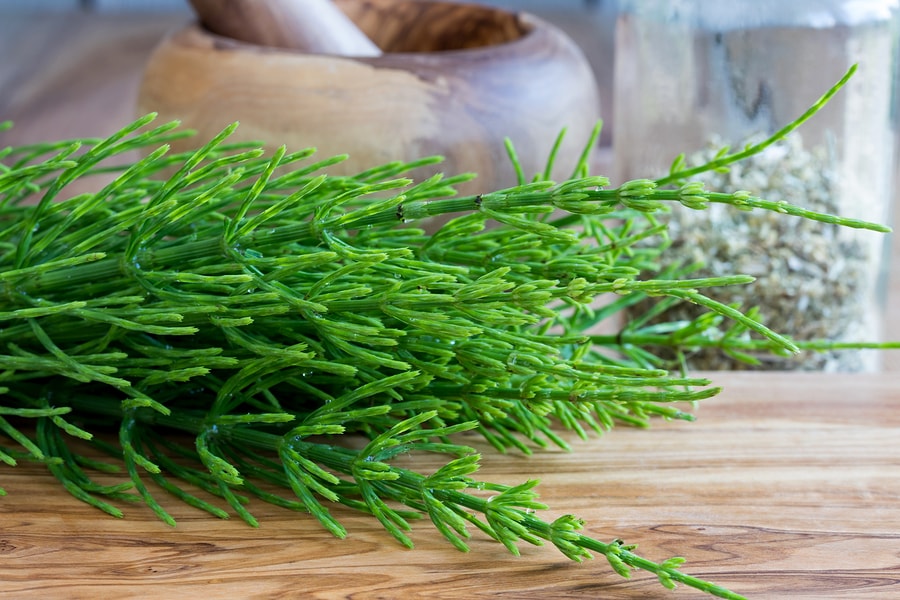
- Horsetail (Equisetum arvense)– This herb has been suggested as a treatment for osteoporosis (thinning bone), because it contains silicon, a mineral needed for bone health. However, only one study has examined horsetail for osteoporosis. In that study, 122 Italian women took horsetail dry extract or Osteosil calcium 270 mg twice daily (a horsetail/calcium combination used in Italy for osteoporosis and fractures). Although both groups who took horsetail experienced improved bone density, the study was poorly designed. The silica that is found in horsetail also helps in healing bones, keeping the arteries clean, and facilitating the absorption of calcium in the body.
- Green Tea herb– It is rich in polyphenols, which provides higher bone mass and density. This natural herb grants complete protection to your bones. A certain component of green tea known as epigallocatechin (EGC), was found to heighten the activity of enzymes that promote bone growth and help to strengthen bones. EGC was also shown to help prevent bone deterioration by inhibiting certain cells that weaken bones. Click here, to learn more.
In order to maintain optimum calcium health, plan your diet with the regular intake of calcium, vitamin-D, vitamin-K and silicon nutrients. This will help you develop a strong and healthy skeleton. Aim for a balanced diet with nutritious herbs, vegetables, fruits, dairy products and greens.
Disclaimer
The Content is not intended to be a substitute for professional medical advice, diagnosis, or treatment. Always seek the advice of your physician or other qualified health provider with any questions you may have regarding a medical condition.
